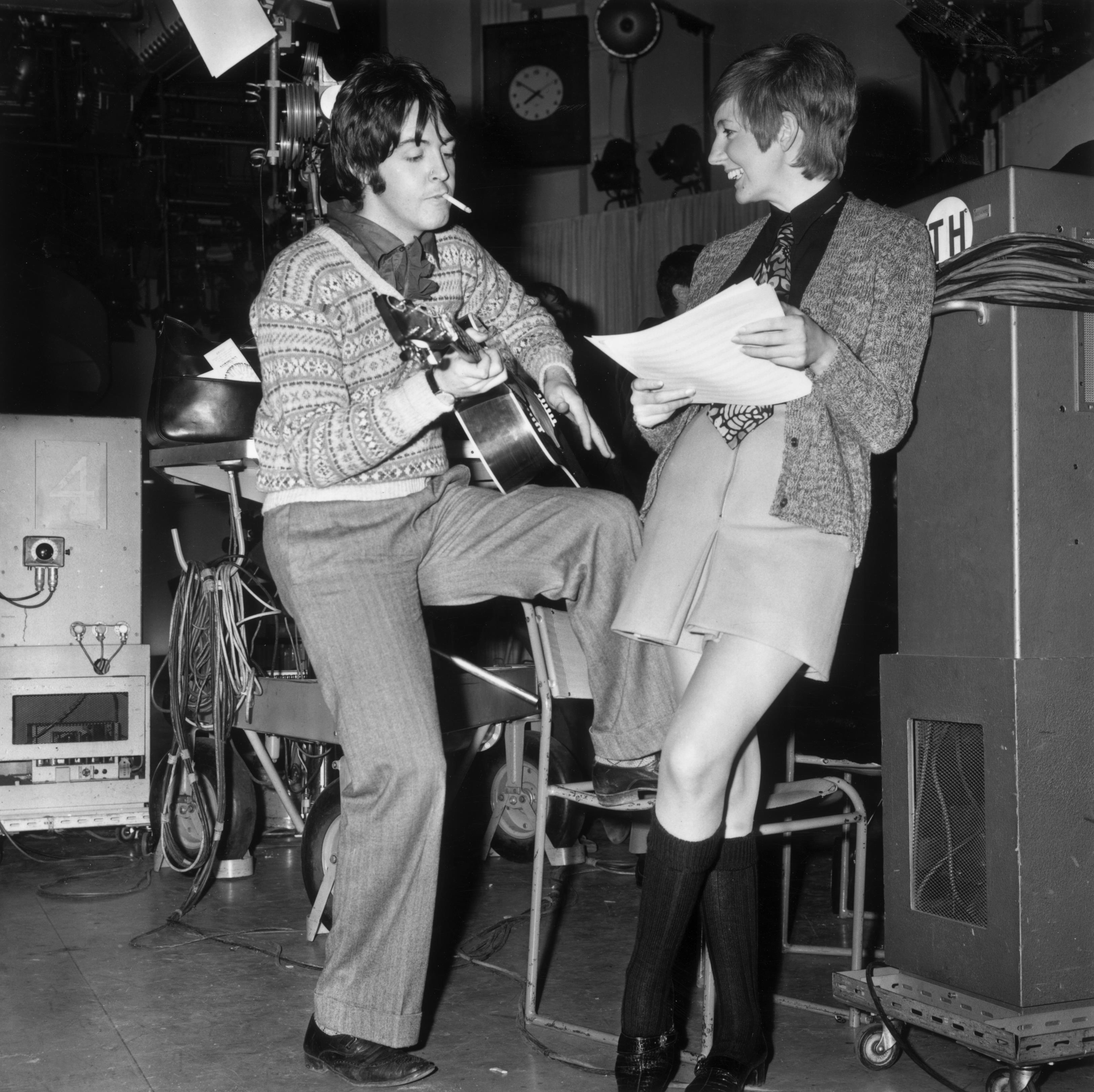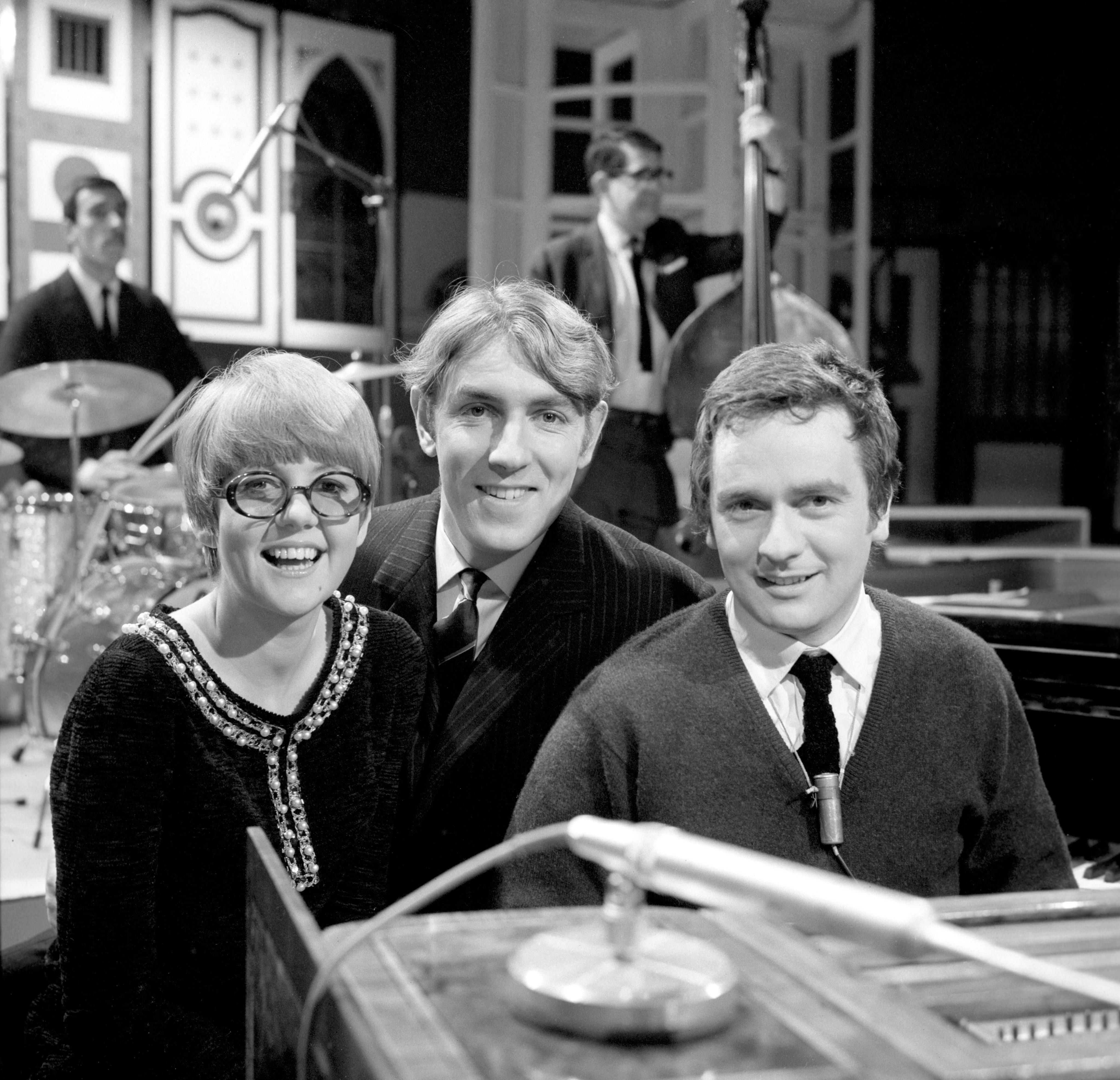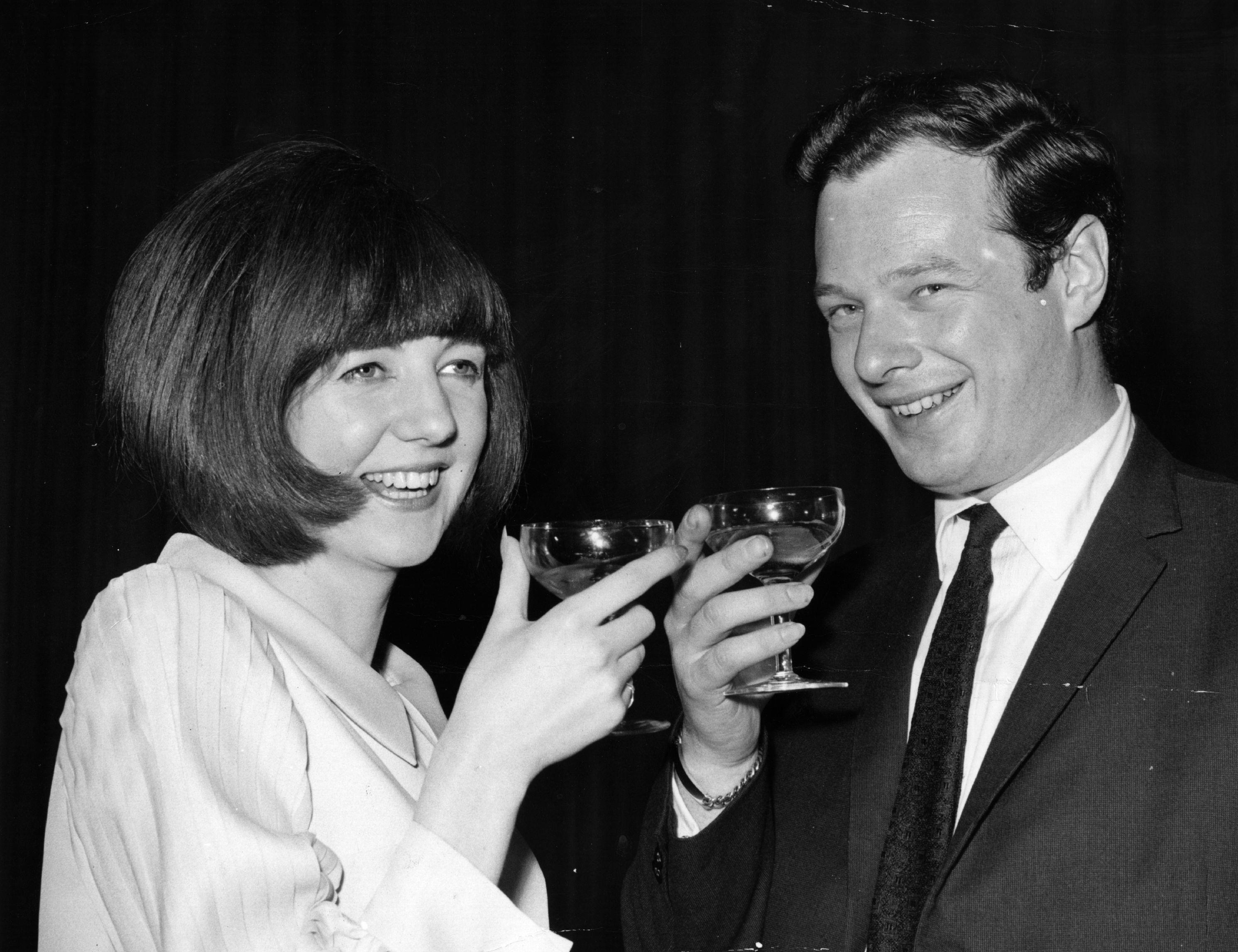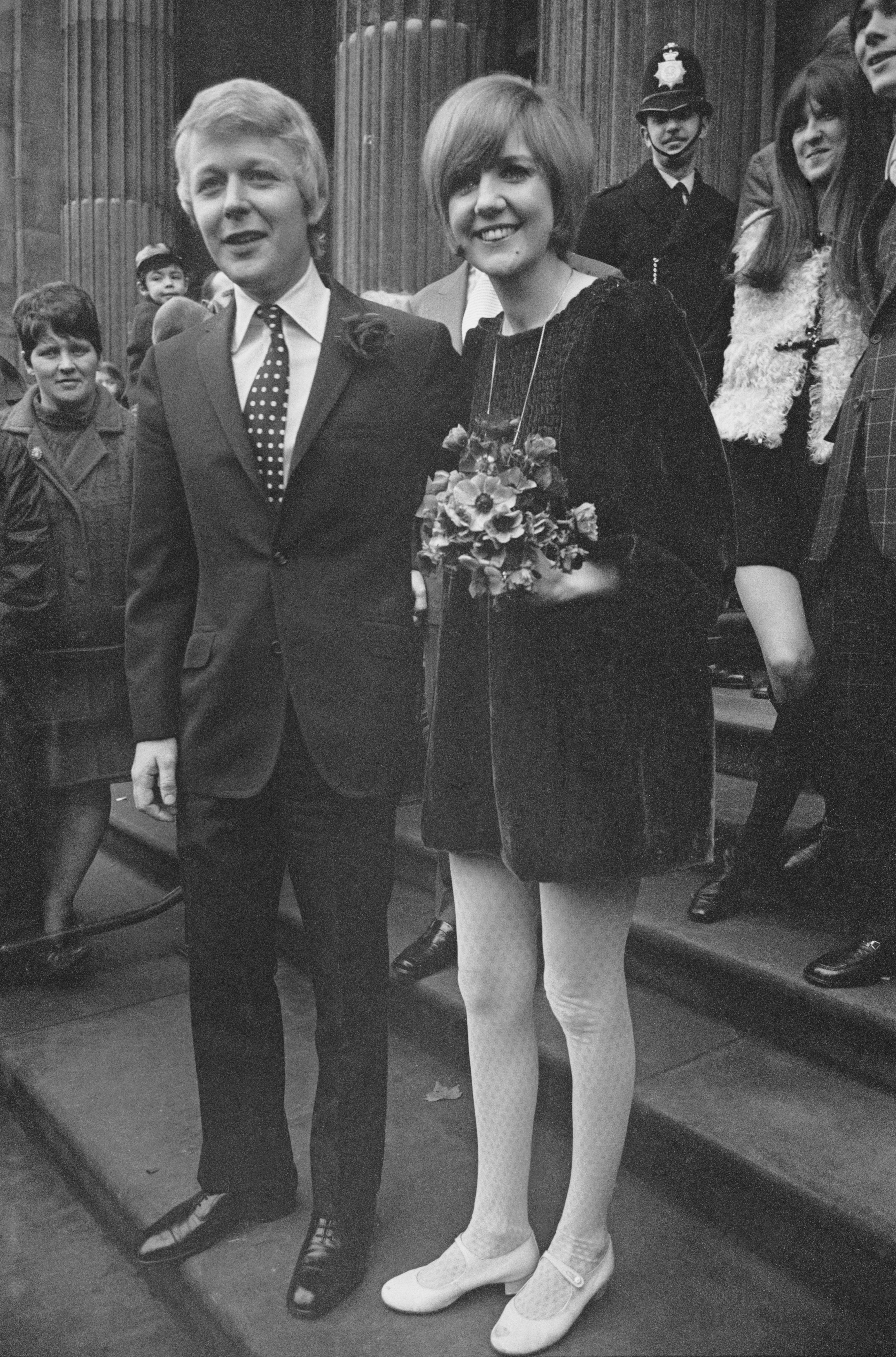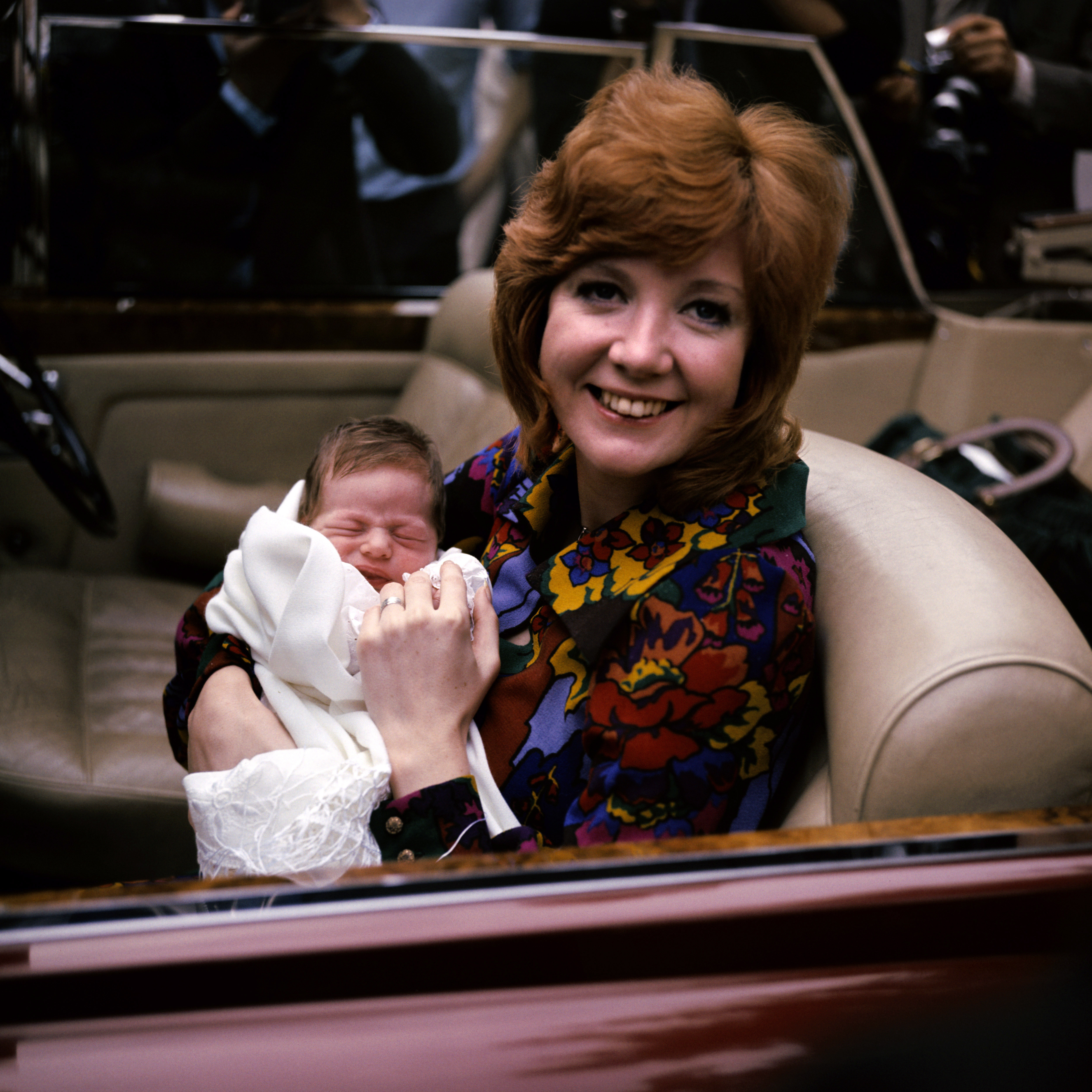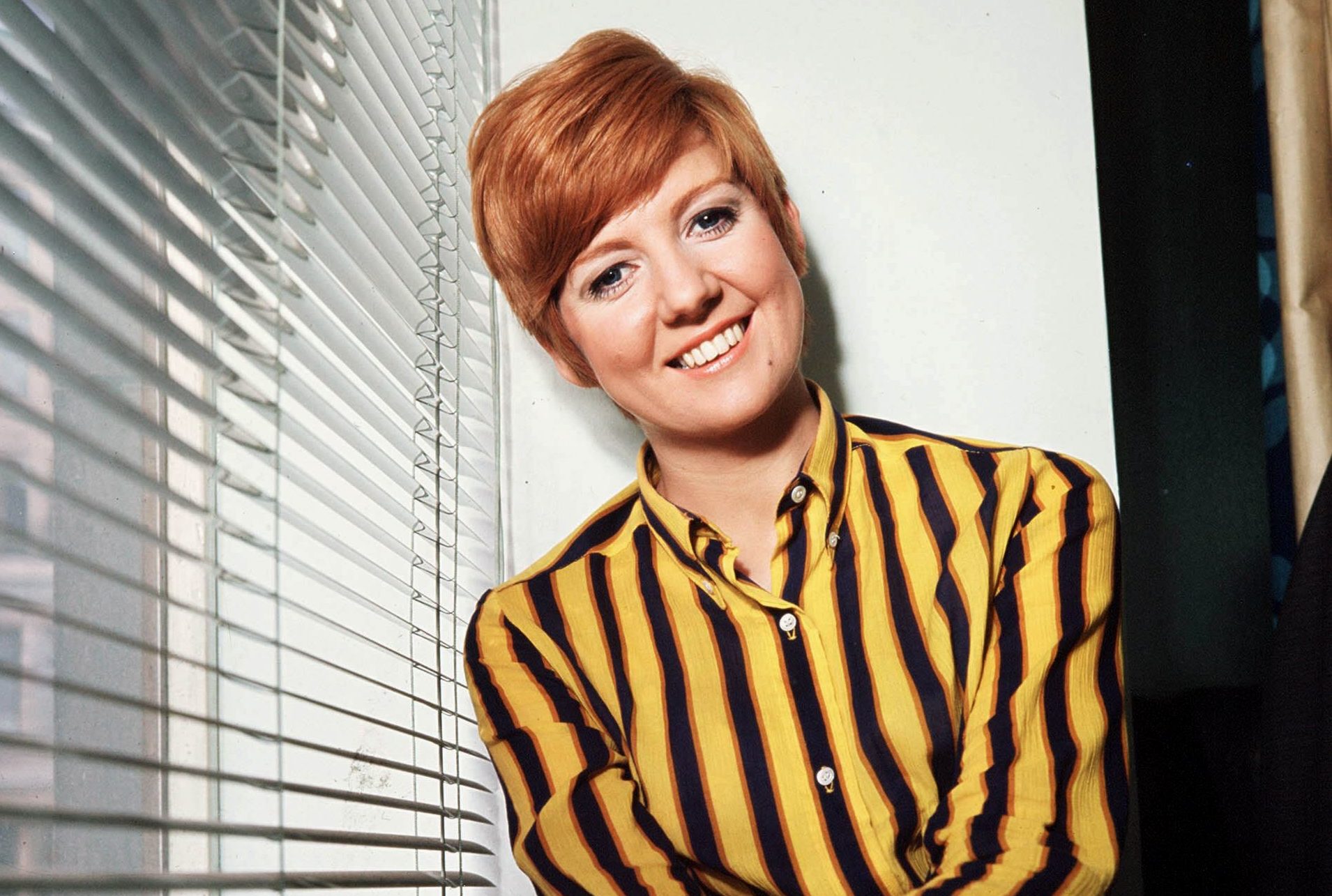
IF you were singing other people’s songs in the 60s – then as now – covering Lennon/McCartney compositions was often a wise choice.
Cilla Black would record and perform Beatles numbers throughout her career, but in the 60s and up to the mid-70s, she did more than most.
Her renditions of Yesterday, For No One, Across The Universe and others became big favourites with radio DJs, not to mention with The Beatles, who always liked the way she interpreted their material.
Previous praise from Randy Newman, for her take on one of his songs had been sweet music to her ears.
But just imagine how she felt when Macca said her Long And Winding Road was the definitive version.
Your own wasn’t bad, though, Paul!
Several artists in the first decades of pop proved themselves supreme at taking a song, often one already well-known, and turning it into something new.
Cilla was better than most at giving a number her personality, and choosing fine musicians and studio boffins helped give her a distinctive sound.
In Britain, she could do no wrong, whether on record or in front of the TV cameras.
For whatever reasons, however – and it’s proved an unsolvable riddle for many a British star – Cilla’s success didn’t translate as well in the United States.
She would watch The Beatles and many other young British acts and solo stars do well Stateside, and she did get the opportunity, but things just didn’t click.
For some, she was just a homesick lass and really felt most at home in England.
And, as many of The Beatles fans in America were lovestruck young girls, perhaps a Liverpool lass just wasn’t going to have the same impact as the lads did.
Sure, Cilla popped up on The Ed Sullivan Show and the like, and she did several gigs in New York – she even had a No 26 on the Billboard chart with You’re My World.
But, like many a huge British act, Cilla’s star never shone as brightly on the other side of the Atlantic.
Perhaps it was just her love of all things England and Liverpool.
Many reckon to break America properly, you have to at the very least tour there every year, and if possible relocate there.
That would never be an option for Cilla, who adored Britain and got homesick pretty easily.
She had, however, to her dying day, something to be immensely proud of – Elvis Presley had her single on his famous jukebox at Graceland!
The Bacharach-David classic Alfie, written for the movie of the same name, would give her another UK Top 10 hit.
Although she also sings it during the closing credits in the British version of the film, it was Cher who did it for the US release.
Both Cher and Dionne Warwick would have hits with it in America, but Cilla’s version is superb, not least because of another giant name who dropped into the studio to help her make it perfect.
Burt Bacharach.
“There weren’t too many white singers around who could convey the emotion that I felt in many of the songs I wrote,” said the musical genius. “But that changed with people like Cilla Black.”
It must have been heartening to hear, especially as Cilla said those sessions with Bacharach were among the most intense of her career.
They did, in fact, 31 takes of the song to make it the piece of pop perfection it became.
All of that blood, sweat and tears, however, would pay off handsomely.
Not only did her version of Alfie appear in the UK release of the film, she would also be the only one of the three singers to have a hit with it in Britain, and by the end of ’66, she was also popping up more and more on the telly.
Cilla guested on Peter Cook and Dudley Moore’s Not Only… But Also and had been on the Eamonn Andrews Show, and appeared in a revue in London’s West End with Frankie Howerd.
She’d also starred in the TV special Cilla At The Savoy, one of the most watched of such shows in the 60s, and would become this country’s biggest-selling female star of the decade.
It would be more than 30 years before she revealed that she had even been sought for the role of Michael Caine’s girlfriend in The Italian Job!
Sadly, talks ended when producers and managers couldn’t settle on a suitable fee.
Still, an intriguing thought!
The tragedy of manager Brian Epstein’s death, aged just 32, in 1967 would lead to new paths for Cilla.
Aside from his most famous foursome, Epstein had managed the careers of such hit acts as Gerry and the Pacemakers, Billy J Kramer and others, but Cilla was his only female artist.
With Brian gone, Cilla turned to her boyfriend, songwriter Bobby Willis, who assumed the task of managing her.
Although I Only Live To Love You would prove a disappointment, making just No 26 in the charts, the new team of Bobby and Cilla went on a great little run with Step Inside Love, Conversations, Surround Yourself With Sorrow and other hits.
Paul McCartney had written Step Inside Love – to many of us the first song we think of when we hear the name Cilla Black.
It reached No 8, and Macca had penned it especially for her new BBC TV weekly series.
As Paul would later explain, he wrote a few for Cilla, Step Inside Love being a later one.
You can hear his demo, with a simple acoustic guitar backing, on The Beatles’ Anthology series.
“I quite like the song, it’s very cabaret!” he said proudly.
It would certainly prove just the job for Cilla and her new show.
With her beloved Bobby at the helm – they’d wed in 1969 – Cilla fairly churned out the hits.
Conversations got to No 7, Surround Yourself With Sorrow reached No 3 (as did Something’s Gonna Happen Tonight), and If I Thought You’d Ever Change Your Mind reached No 20.
During these wonderful years, she’d holiday with RIngo and George on a yacht, attend the latest John Lennon art movie, and generally never be out of the papers or off our small screens.
As one critic put it: “She makes people glow.” He said Cilla would grow into a pop version of Gracie Fields, a much-loved entertainer.
To be fair, she had already become that, pretty much. But if he was also predicting her long-term future, he was spot on.
There was, however, one other path Cilla could easily have taken – like the Italian Job one, it’s fascinating to think how it might have panned out had she followed through on it.
Epstein had tried to get her to be our representative in the 1968 Eurovision Song Contest, no less, but Cilla had rejected that offer.
Having seen Sandie Shaw clinch it for us the year before, she felt a second consecutive British girl would have little chance of winning again.
It was a shame her relationship with Epstein had apparently suffered in the months before his death, from accidental overdose.
But there is no denying that the work done with Brian and Cilla – and later with Bobby – brought her remarkable success.
You just wonder what might have been if she had also taken on offers like these!
With Bobby, she had three sons and also a daughter, Ellen, who tragically only lived for two hours after being born prematurely.
Their first son, Robert, born in 1970, would become Cilla’s manager after the death of Bobby.
Ben, born in 1974, and Jack, born 1980, were the others.
Bobby was a decent songwriter in his own right. You can hear his Is It Love in the movie Ferry Cross The Mersey, and Shy Of Love was the B-side of Love Of The Loved.
He and the boys would be Cilla’s rocks in the years ahead and, of course, she also had a family of many thousands of fans across the UK and beyond.
She also, though, had TV bosses admiring her every move and fancying seeing even more of Cilla Black on our TV screens.

Enjoy the convenience of having The Sunday Post delivered as a digital ePaper straight to your smartphone, tablet or computer.
Subscribe for only £5.49 a month and enjoy all the benefits of the printed paper as a digital replica.
Subscribe